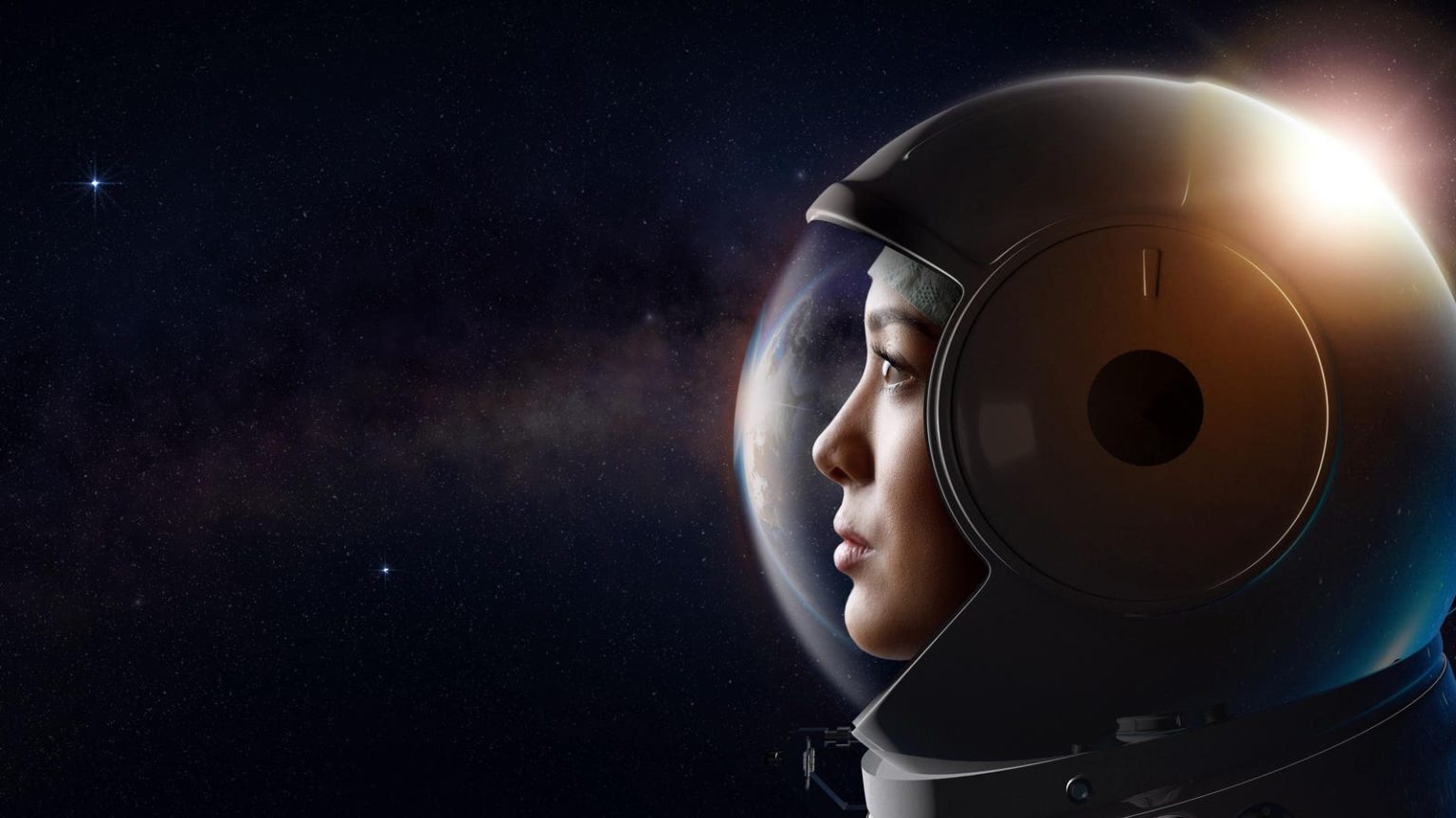Advancements in space science have led to an increase in medical research focusing on the impact of space travel on human physiology. A recent paper published in the journal Cells highlighted the numerous changes that occur in the human body during space travel, such as alterations in the cardiovascular, gastrointestinal, immune, and neurovascular systems. These changes can affect peak exercise performance, increase the risk of colorectal cancer, compromise immune function, and result in deterioration of postural and locomotor control. As a result, the pre-requisites for space travel are stringent, with astronauts required to undergo rigorous training programs to prepare for the challenges of space.
Astronaut training programs involve competitive selection criteria, with only a small percentage of applicants being accepted into the program. Once selected, astronauts undergo years of intense physical, mental, and emotional training, including water survival training, exposure to microgravity, flight simulations, tactical response training, and team-building exercises. However, with the growth of the space tourism industry, new challenges have emerged regarding the training and selection criteria for civilian tourists. As the space tourism market is expected to reach nearly $5.19 billion by 2034, standards and protocols for civilian space travel need to be established to ensure the safety and well-being of tourists.
The space tourism industry in the private sector continues to expand, raising questions about the appropriate levels of checks and balances required for civilian space travel. It remains to be seen how civilian tourists will be selected and trained for space travel, and whether they will be subject to similar rigorous training programs as astronauts. Despite these challenges, society has witnessed remarkable achievements in both space travel and the medical research supporting it. As advancements in space science continue to accelerate, it is clear that space travel will remain an emerging field with significant opportunities for exploration and discovery in the coming decades.


